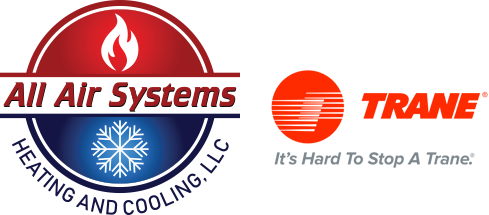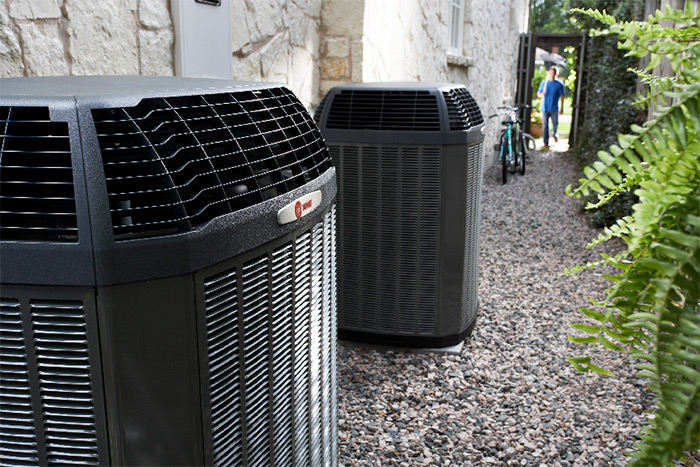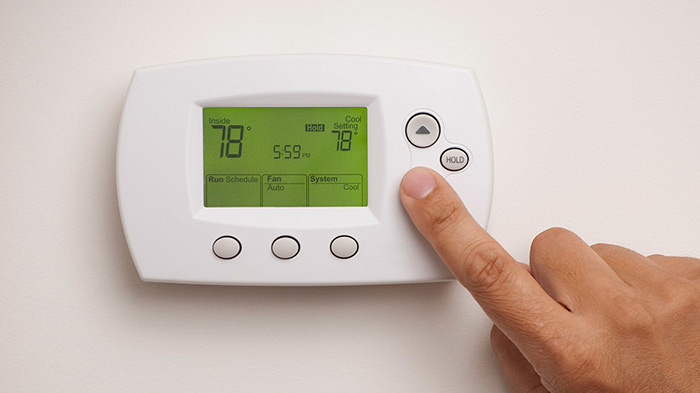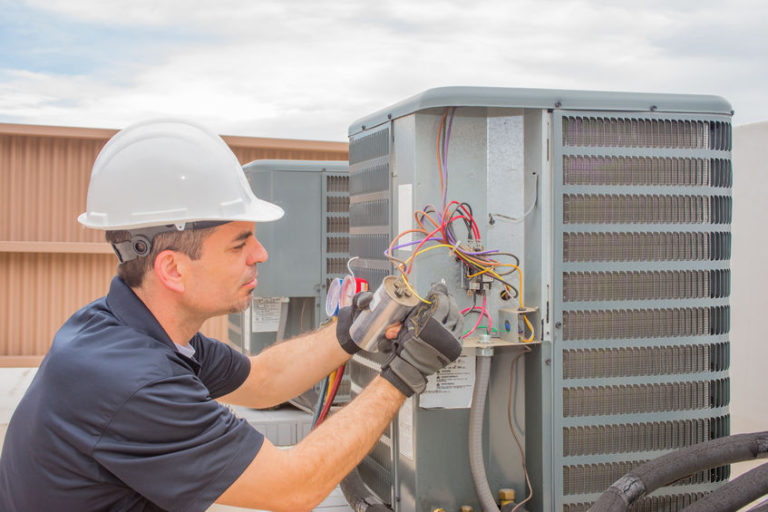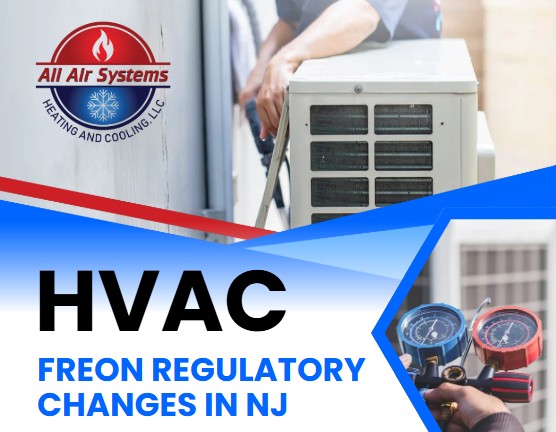
Starting in 2025, HVAC refrigerant regulations in New Jersey will undergo significant changes that will impact homeowners and business owners alike.
If your heating or cooling system currently uses R-22 (Freon) or R-410A (Puron), you may need to prepare for upcoming restrictions that could affect repair costs, availability of replacement refrigerants, and the feasibility of keeping your existing system running long-term.
As a leading HVAC provider in New Jersey, All Air Systems Heating and Cooling is here to help you navigate these regulatory changes and understand what they mean for your home or business. Below, we break down everything you need to know about the Freon phaseouts, how they will impact you, and what steps you should take to ensure your HVAC system remains efficient and compliant with New Jersey state laws.
What Refrigerants Are Being Phased Out?
1. R-22 (Freon) – Completely Banned
What’s Changing? The sale, import, and use of R-22 Freon have been banned since 2020 under the U.S. Environmental Protection Agency (EPA) regulations. While recycled and reclaimed R-22 is still available for servicing older systems, the supply is extremely limited and costly.
Who’s Affected? Homeowners and businesses with older air conditioning units or heat pumps installed before 2010 may still have systems that rely on R-22.
Impact: If your system needs a refrigerant recharge due to a leak, the cost of R-22 can be prohibitively high, often making system replacement a more cost-effective solution.
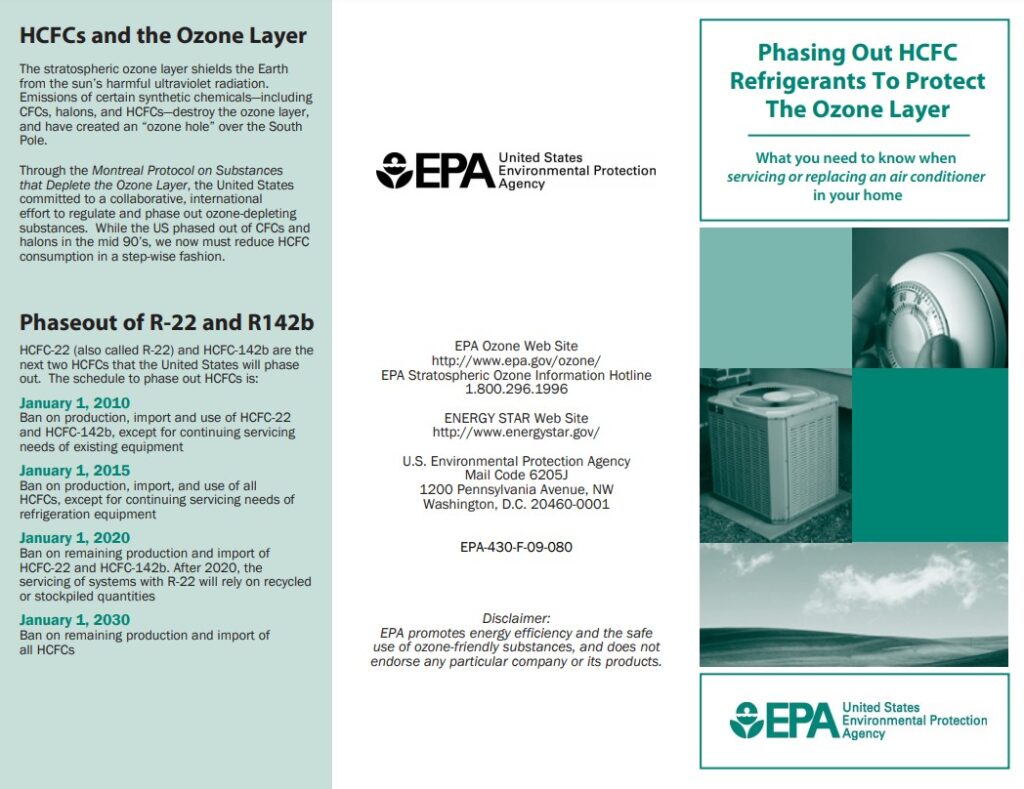
2. R-410A (Puron) – Phasing Out Starting in 2025
- What’s Changing? R-410A, the most common refrigerant in air conditioning systems and heat pumps installed since 2010, is being gradually phased out under the American Innovation and Manufacturing (AIM) Act.
- Key Dates:
- 2023: EPA began reducing R-410A production and imports.
- 2025: New HVAC systems will no longer be manufactured with R-410A.
- 2036: The U.S. will have reduced production of high-GWP (global warming potential) refrigerants like R-410A by 85%.
- Who’s Affected? If your current system uses R-410A, you don’t need to replace it immediately, but repair costs will rise as the refrigerant supply becomes more limited over time.
How Will These Changes Affect Homeowners and Business Owners?
1. Increased Cost of Repairs
As R-410A production slows, the cost of recharging an existing system with refrigerant will increase significantly due to supply constraints. If your system develops a refrigerant leak, you may face expensive repair bills or be advised to replace the unit altogether.
2. No Retrofitting Options
Many homeowners and business owners ask: “Can I convert my R-410A system to use the new refrigerants like R-454B or R-32?” The answer is no. These refrigerants operate at different pressures and require different components. Attempting to retrofit an existing system is not only costly but also voids manufacturer warranties.
3. New HVAC System Costs
While new HVAC systems that use low-GWP refrigerants (such as R-32 or R-454B) will be more energy-efficient, they will also likely cost more upfront due to new technologies and compliance with higher SEER2 efficiency standards set by the U.S. Department of Energy.
What Should You Do If Your HVAC System Uses R-410A?
If your HVAC system is relatively new (installed after 2010), there is no immediate need to replace it. However, you should:
- Schedule regular maintenance to prevent refrigerant leaks.
- Check for signs of inefficiency, such as rising energy bills or inconsistent cooling.
- Plan for future upgrades if your system is over 10 years old to avoid high refrigerant replacement costs.
What Should You Do If You Have an Older HVAC System That Uses R-22?
If your system was installed before 2010 and still uses R-22, it’s time to seriously consider replacing it. With R-22 no longer in production, repairs involving refrigerant recharges can be incredibly expensive, often making replacement a more cost-effective choice.
What Are the New Refrigerant Options?
Starting in 2025, manufacturers will no longer produce HVAC systems that use R-410A. Instead, they will use more environmentally friendly alternatives:
- R-454B – A new standard refrigerant for many residential and commercial HVAC systems with a lower environmental impact.
- R-32 – An alternative with higher efficiency and better performance in high temperatures.
Both refrigerants are more efficient, but because they operate under different pressure levels, they require entirely new equipment rather than a simple retrofit.
New Jersey Regulations and Compliance Requirements
New Jersey has implemented strict regulations to ensure compliance with the federal refrigerant phaseout:
- Prohibition on the sale and installation of HVAC systems that use high-GWP refrigerants (R-410A and R-22).
- Manufacturers must disclose HFCs in products sold in the state.
- Commercial properties with refrigeration systems containing more than 50 pounds of high-GWP refrigerants must register with the NJDEP (New Jersey Department of Environmental Protection).
If you are a business owner with large refrigeration systems, you may need to take additional steps to comply with New Jersey state laws.
Should You Replace Your HVAC System Now or Wait?
Many homeowners and business owners wonder whether they should replace their system before 2025 or wait until after the refrigerant phaseout. Here’s what to consider:
- If your system is over 10 years old: Replacing it now can help you avoid rising repair costs and benefit from new energy-efficient models before prices increase.
- If your system is less than 10 years old: You can likely continue using it and maintain it regularly to maximize its lifespan.
- If your system is failing and uses R-22: Replacing it sooner rather than later is the best option, as repair costs will only continue to rise.
How All Air Systems Heating and Cooling Can Help
At All Air Systems Heating and Cooling, we stay ahead of the latest HVAC regulations to ensure that our customers make informed, cost-effective decisions for their homes and businesses. Whether you need guidance on refrigerant changes, a system upgrade, or regular maintenance to keep your current HVAC unit running efficiently, our expert team is here to help.
- Expert HVAC Consultation: We’ll assess your system and provide honest recommendations based on its age, efficiency, and refrigerant type.
- Professional Installation: We install new, compliant HVAC systems that use R-454B and R-32 refrigerants, ensuring long-term reliability.
- Maintenance & Service: Prevent costly refrigerant leaks with routine checkups and system optimization.
If you’re unsure how these HVAC changes will impact your home or business, let us help.
